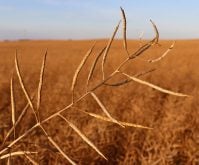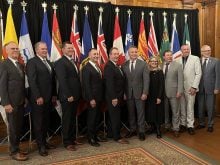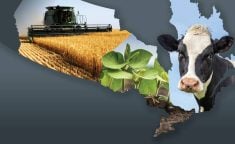After announcing plans in February to revamp the education funding system, the province now says it needs more time.
In the February announcement, the province planned to implement the new taxation model in the 2023-24 year. However, Education Minister Wayne Ewasko told the media that the overhaul’s timeline has been reset for the 2024–25 school year.
The minister said the province needs to take its time during the consultation process with stakeholders before it launches a new funding model.
Read Also

Spoken questions are what make it an interview
Recently, I was exchanging emails with the media email account at a government agency, hoping to reach a source for…
One of those stakeholders is the agricultural sector in Manitoba. Keystone Agricultural Producers (KAP) has long been lobbying the province to rethink its taxation model so it is fairer for farmers. And in recent years, those lobbying efforts appeared to be paying off.
During the 2019 election campaign, then-Premier Brian Pallister promised to scrap education taxes on all property, including farmland and houses. In the 2021 budget, a tax rebate was given to many landowners, including farmers, which many perceived as the first step toward implementing this policy.
“I think we’re just moving to a fair, more reasonable way of supporting education in our province without picking on farmers in rural Manitoba,” Pallister told reporters on budget day.
While the recently revealed delay is a disappointment, KAP appears to be taking the setback in stride.
“KAP continues to work and have dialogue with the provincial government on the review and development of a new model of education funding,” said President Bill Campbell in an emailed statement to the Co-operator.
Campbell said the education tax on farm properties has been a priority during KAP’s dialogue with the province and said those discussions would continue.
“With continually increased farm property valuations, farmers are still contributing more than their fair share of the cost of education, and KAP reiterates our call for the full removal of education property taxes from farm property,” said Campbell.
















